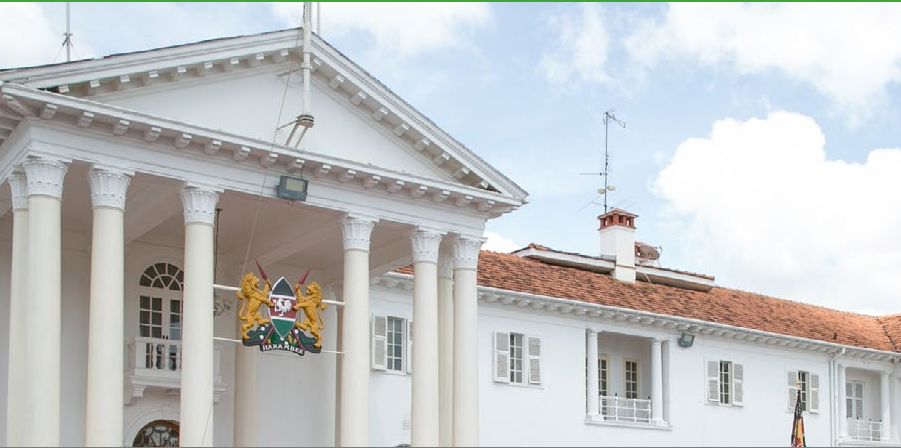It’s time to think of amending the law on presidential petition timelines

The Supreme Court has the original jurisdiction to hear and determine any petition challenging the election of a president. Article 140 of the Constitution of Kenya provides that any person may file a petition with the Supreme Court within seven days following the declaration of the results of a presidential election. The Supreme Court on the other hand, has an additional seven days to hear and determine a petition and deliver judgement on the 7th day with its decision being final.
The Supreme Court (Presidential Election Petition) Rules (the Rules) provides that a pre-trial conference shall be conducted eight days following the filing of a petition. The pre-trial conference is to narrow down on the contested and uncontested issues; give directions on the hearing of the petition and any other orders necessary to ensure fair determination of the petition. Hearing of the petition commences immediately after the pre-trial conference. Rule 24 provides that commencement of the petition hearing shall proceed without interruption. The Azimio la Umoja coalition led by presidential candidate Mr. Raila Odinga and his deputy Ms. Martha Karua filed their petition on the last day of the permitted time frame challenging the declaration of Dr. William Ruto as president. Mr. Odinga’s and Ms. Karua’s choice of delivery of their petition was rather interesting if not overwhelming as they used a lorry to ferry their documents to the Supreme Court registry.
This year’s General Election has witnessed multiple presidential poll petitions, nine to be precise, filed before the apex court including the main petition by Azimio la Umoja’s presidential candidate. The respondents in all these petitions are yet to file their responses with August 26 being the timeline as per the Rules. The Supreme Court comprises seven judges who all have to sit and hear all parties before making a determination. Justice Isaac Lenaola recently came out and publicly spoke about the pressure and time constraints of determining the petitions within 14 days. He lamented that the 14 days were ridiculously short for the bench to scrutinize all the evidence presented before them or to even conduct a vote recount. Further, Justice Lenaola spoke of the quagmire that is likely to arise should any of the seven judges is not present, affecting the quorum requirement. This would stall the hearing process as was the case during the 2017 presidential election petition when only two out of the seven judges were present.
During the Building Bridges Initiative that sought to amend the Constitution, Justice Lenaola noted that they asked for an amendment to increase the number of judges. Unfortunately, this never saw the light of day.
What can be done?
It’s high time the period given to the Supreme Court for determination of the presidential election petition is extended to say 21 days to allow for proper scrutiny of the petition evidences. Given that the 14-day timeline is provided by the Constitution, there is need for an amendment of Article 140 which could take the form of a Bill through a parliamentary initiative. This solution however, does not fit the situation at hand as a constitutional amendment would take days if not months. However, for the future petitions this could be an effective solution.
Similar to the last presidential election petition, this year’s petition consists of questions pertaining to the technicality of interference and penetration of IEBC systems. For instance, Azimio la Umoja petitioners want the apex court to look into the questions of forensic audit of IEBC equipment, technology and system including the KIEMS Kits, servers and portal.
The Kenyan legal system follows the common law system which means that the judges play a neutral role leaving it to the lawyers to present the case to them. Lack of technical knowledge of the technology systems and servers used by the electoral body would be detrimental to a fair hearing because lawyers from either side will produce evidence that favors their clients. It is therefore, important to have technical training for the judges and lawyers on the IEBC systems and technology. This would improve efficiency in delivering a just and fair determination of the petitions.

